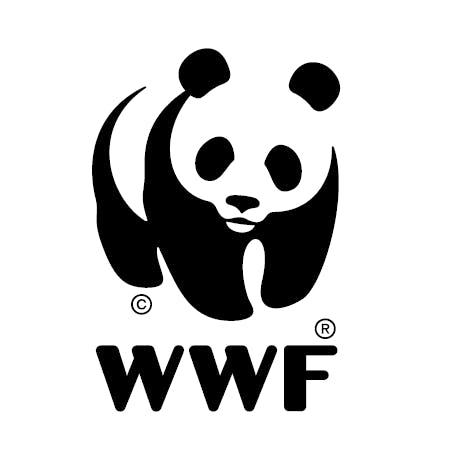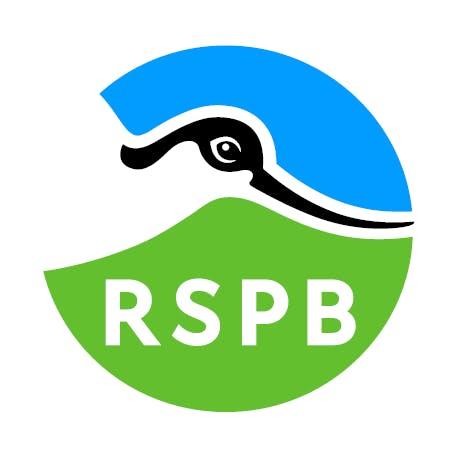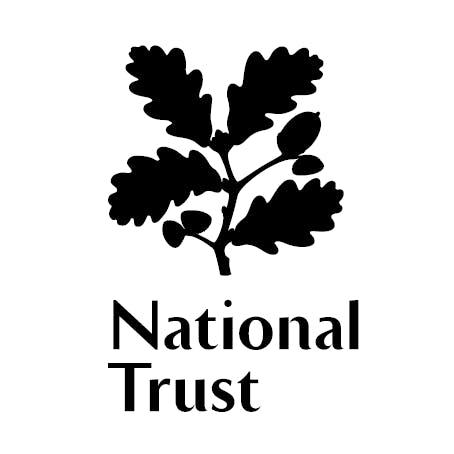Water pollution
Pollution is devastating many of our freshwater habitats
Our rivers and wetlands are in trouble. By not protecting our freshwater habitats from the scourge of pollution, we’re causing problems for our wildlife and ourselves. Fresh water is the lifeblood of our wild isles; if we don’t make urgent changes, these problems will only get worse.


Water damage
When we think of a freshwater river or lake in the UK, we often picture cool, clear waters and delicate aquatic plants. Maybe there are dragonflies hovering like jewels above the surface, splashes from otters playing, or the vibrant flash of kingfishers in flight.
Sadly, the reality is often very different. A cocktail of sewage from water treatment plants and chemicals from farmland is polluting our freshwater systems, leading to diseases and bacteria. This pollution also encourages algae to grow, which outcompete aquatic plants, eventually suffocating fish and other life below the surface.
Much of our wildlife depends on fresh water, and we need it to drink, grow our crops and use for recreation. What’s more, dirty water is dangerous and expensive to clean.
In England and Wales, 60% of freshwater species are in decline – faster than in any other ecosystem. Our rivers are in urgent need of a lifeline


Cleaning up
Today, no river in England can be given a clean bill of health, and all countries of the UK are struggling with similar problems. In England and Wales, 60% of freshwater species are in decline – faster than in any other ecosystem. Our rivers are in urgent need of a lifeline.
By protecting the streams, rivers and wetland habitats that are left from the dangers of pollution and restoring others, we can secure the future of our freshwater. We all have a role to play – from nurturing small ponds in our gardens, to joining a local river restoration group, or telling our MPs we want them to stand up for freshwater wildlife and their habitats.
We also need the UK governments to fund monitoring and inspections of our freshwater catchments, enforce the law to prosecute polluters, and support farmers to move from intensive practices to adopting more nature-friendly farming methods.
Pollution poses a big threat but together, we can fight back. For nature’s sake – and for our own.
Species at risk from water pollution
What is being done?
For every danger there is a solution, and the fight has already begun to preserve and restore our wild isles. Be inspired by these stories of hope as we all play our part.










